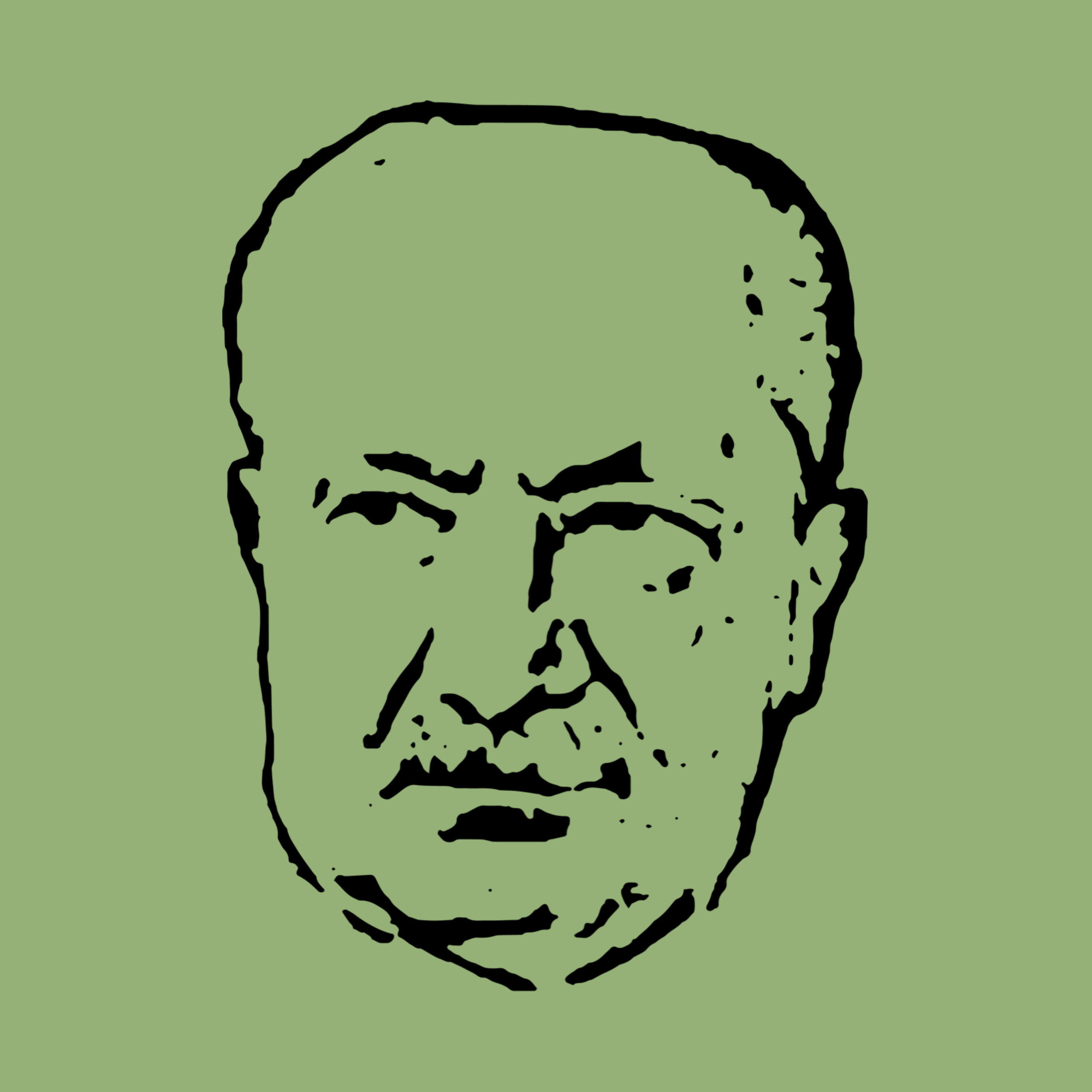A angústia e o preocupante
Contenido principal del artículo
Resumen
A não inautenticidade ou a indiferença quotidiana, a inautenticidade, a autenticidade são diversas configurações da nossa relação com o ser. A dificuldade consiste em responsabilizar “me” inteiramente “a mim” por uma apropriação do sentido do ser. É o Dasein que me convoca para si? Em que circunstâncias? Os diversos modos da relação com o sentido do ser admitem uma metamorfose dinâmica e complexa que parte de um modo de ser médio, em que vamos indo, nem bem nem mal, somos como toda a gente em geral e ninguém em especial, e podemos passar a fazer a experiência de apropriação de si, da autêntica resolução do sentido, bem como de perda total e alienação. Importou-nos analisar as situações em que se experimenta formas de vazio, interrupções de preenchimento na agenda. O que fazemos de tempos mortos, em que não conseguimos fazer nada ou até mesmo de dias perdidos? E quando vem de novo o fluxo que nos liga à vida, é de onde que ele nos puxa? O possibilitante vem do futuro. De lá reverbera uma cadência com um tom que nos abre ao possível.
Descargas
Detalles del artículo

Esta obra está bajo una licencia internacional Creative Commons Atribución-NoComercial-SinDerivadas 4.0.
Los autores mantienen la Propiedad de los Derechos de Autor y Derechos de Reproducción.
Los autores/as pueden realizar otros acuerdos contractuales independientes y adicionales para la distribución no exclusiva de la versión del artículo publicado en esta revista (p. ej., incluirlo en un repositorio institucional o publicarlo en un libro) siempre que indiquen claramente que el trabajo se publicó por primera vez en esta revista.
Se permite y recomienda a los autores/as a publicar su trabajo en Internet (por ejemplo en páginas institucionales o personales) posterior al proceso de revisión y publicación, ya que puede conducir a intercambios productivos y a una mayor y más rápida difusión del trabajo publicado.
Citas
Caeiro, A. de C. “O Acesso a Outrem Como Si No Seu Aí”. Didaskalia, Vol. 38, n. 1, Jan. 2008, pp. 227-256.
Caeiro, A. de C.. Um Dia Não São Dias. Lisboa: Abysmo, 2015.
Caeiro, A. de C.. “Paradoxes of emotional life: Second-order emotions”. Philosophies, 7.5.
Chrostowska, S. D. “Consumed by Nostalgia?”. SubStance, 39.2, 2010, pp. 52-70.
Colapietro, V. “Experiments in Self-Interruption: A Defining Activity of Psychoanalysis, Philosophy, and Other Erotic Practices”. The Journal of Speculative Philosophy, 30.2, 2016, pp. 128-143.
Davis, B.P. “Pragmatic Interruption: Habits, Environments, Ethics.” William James Studies, 15.2, 2019, pp. 26-50.
Fisher, C.D. “Effects of External and Internal Interruptions on Boredom at Work: Two Studies.” Journal of Organizational Behavior, 19.5, 1998, pp. 503-522.
Heidegger, M. GA 6.2: Nietzsche II. Frankfurt am Main: Klostermann, 1997.
Heidegger, M. Sein und Zeit. Tübingen: Niemeyer, 1986.
Heidegger, M. GA 20: Prolegomena zur Geschichte des zeitbegriffs. Frankfurt am Main: Klostermann, 1994.
Heidegger, M. GA 21: Logik: Die frage nach der Wahrheit. Frankfurt am Main: Klostermann, 1995.
Heidegger, M. GA 52: Hölderlins Hymne “Andenken”. Frankfurt am Main: Klostermann. 1982.
von Herrmann, F.-W. von. Hermeneutische Phänomenologie Des Daseins. Ein Kommentar zu “Sein und Zeit” II “Erster Abschnitt: Die vorbereitende Fundamentalanalyse des Daseins” §9-§27. Frankfurt am Main: Klostermann, 2005.
Jett, Q.R.; George, J.M. “Work Interrupted: A Closer Look at the Role of Interruptions in Organizational Life.” The Academy of Management Review, 28.3, 2003, pp. 494-507.
Lahad, K. “Taking a Break.” A Table for One: A Critical Reading of Singlehood, Gender and Time, Manchester University Press, 2017, pp. 81-93.
Löfgren, O.; Ehn, B. “Daydreaming Between Dusk and Dawn.” Etnofoor, 20.2, 2007, pp. 9-21.
Pindari carmina cum fragmentis (Maehler, H. (post Snell, B.). Leipzig: Teubner, 1971.
Schor, R. “Going Home: The Everyday as a Space for (Dis-)Connection in Arthur Schnitzler’s Liebelei”. Austrian Studies, 27, 2019, pp. 58-73.
Singer, Jerome L. “Daydreaming and the Stream of Thought: Daydreams Have Usually Been Associated with Idleness and Inattentiveness. Now, However, through an Empirical Research Program, Their General Function and Adaptive Possibilities Are Being Elucidated.” American Scientist, 62.4, 1974, pp. 417-425.
Theunissen, M. Der Andere. Berlim: De Gruyter. 1965.

